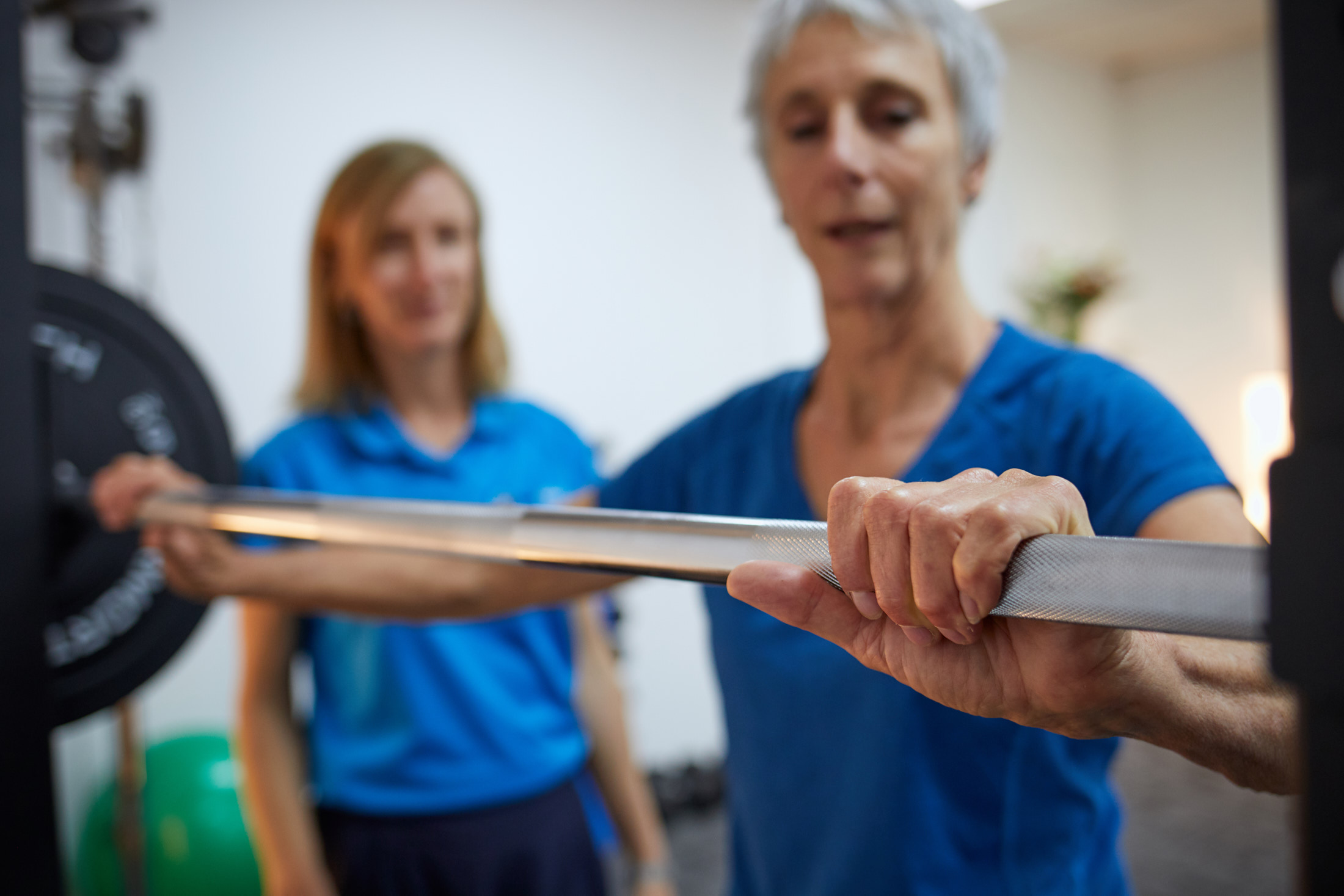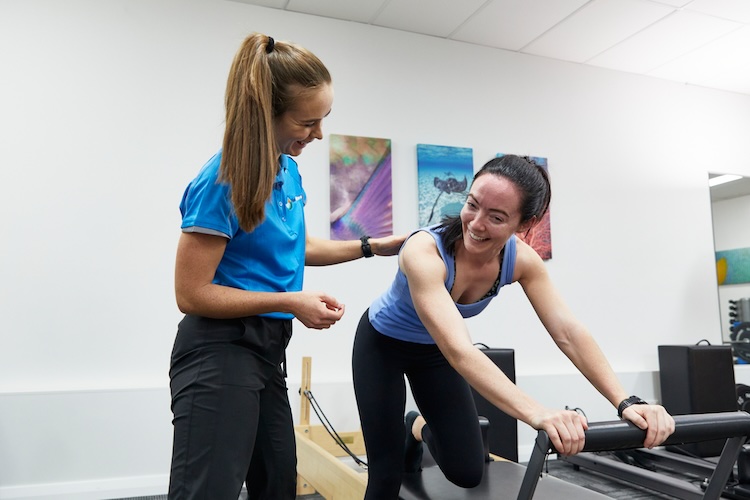Naturopathy, occupational therapy and physiotherapy O’Connor (Fremantle area)

Lifestyle Medicine for pain is weaved into all aspects of therapy at Next Wave
There is a growing body of evidence to support the ‘prescription’ of lifestyle changes for the prevention of many chronic diseases.
Chronic diseases are now responsible for around 70% of deaths worldwide. Many chronic conditions share common risk factors that are largely preventable or treatable. The top 10 chronic diseases in Australia are arthritis, back pain, osteoporosis, asthma, cancer, cardiovascular disease, Chronic Obstructive Pulmonary Disease (COPD), Diabetes, Kidney disease and Mental health conditions.
Pain is a feature in all of these chronic diseases and when it persists is a chronic condition with its own pathological changes, its own set of clinical and behavioral characteristics, and its own subset of effective approaches to treatment regardless of etiology. Reference
What is lifestyle medicine?
Lifestyle Medicine is defined as, “The application of environmental, behavioral, medical and motivational principles to the management (including self-care and self-management) of lifestyle-related health problems in a clinical and/or public health setting” (Egger et al, 2017).
“Lifestyle as medicine has the potential to prevent up to 80% of chronic disease. No other medicine can match that.” (Dr David Katz)
There are 6 common risk factors which are referred to in Lifestyle Medicine as the 6 pillars of health. These are lifestyle factors that are known to modify disease.
-
Getting a good night’s sleep
-
Healthy eating consisting of a whole food mostly plant based diet
-
Exercise and physical activity
-
Managing stress
-
Avoiding risky substances (including environmental toxins, alcohol)
-
Having meaningful social connection
Lifestyle Medicine at Next Wave Therapy
At Next Wave Therapy we advocate healthy lifestyle as being essential for wellness. Often our focus is to help someone to be able to engage in these health sustaining habits despite the challenges that they may face. For example; someone who lives with chronic pain has difficulty sleeping through the night, managing stress levels and exercising enough.
We offer the following levels of support for people wanting to adopt a more healthy lifestyle that sustains their wellness naturally.
-
Naturopathy – at the heart of naturopathic philosophy is to treat the root cause. An initial consultation is aimed at digging deep into possible contributing factors to disease. From there our naturopaths’ will use diet advice, nutritional supplementation and herbal medicine to support sleep and stress management.
-
Physiotherapy – helps you to move with confidence, build strength and activity tolerance. Next Wave physio’s work closely with you to help you live according to the philosophy that “movement is medicine”. They strive to help people to live with good health through functional movement, sport and/or chosen exercise in their daily life .
-
Occupational Therapy – helps you to live a meaningful life. Mental health OT’s and chronic pain OT’s at Next Wave Therapy have a special interest in sleep disorders and stress management. They help people to build confidence in social settings and making healthy lifestyle choices.
Chronic pain is associated with a higher risk of lifestyle challenges
Chronic pain is associated with a higher risk of lifestyle challenges due to the disruption it can have on the 6 pillars for health promotion.
-
Sleep complaints are present in 67-88% of chronic pain disorders 70,103 and at least 50% of individuals with insomnia—the most commonly diagnosed disorder of sleep impairment—suffer from chronic pain. Ref
-
Reduced mobility and functional strength can affect a person’s ability to shop, cook and prepare meals. Mental health co-morbidities and feelings of isolation (common in chronic pain) can lead to intakes of low dietary quality with increased comfort eating and/or lack of meaning around meal times. Ref
-
Pain limits physical activity including functional daily activities, sport and exercise.
-
Chronic pain can trigger anxiety, depression, and other mental health issues. It also increases your risk of substance abuse and suicide.
-
There is an increased risk of addiction or dependence on drugs such as alcohol and opioid in people with chronic pain
-
Loss of meaningful social connections can occur when a person with chronic pain needs to stop work, socialize less and/or is unable to engage in their leisure activities.
This sets up an “unhealthy lifestyle” which can further reduce health and increase comorbidity risk. It is therefore vitally important that, people with chronic pain are supported to improve modifiable lifestyle factors, such as physical activity, weight, diet, alcohol consumption, stress, and sleep.
Engaged occupations may be the key for adopting healthful lifestyle for people with chronic pain
From an occupational therapy perspective, an important part of a healthy lifestyle is occupational engagement in meaningful and purposeful everyday activities. This is beneficial for lifestyle changes and to improve health and well-being. Ref.
Occupations are how we spend our time. They are all the things we do in life, our daily activities that shape our existence. Sleeping, eating, exercising, socializing, managing stress and self care are ALL occupations. They also happen to be part of the 6 pillars of lifestyle medicine.
Next Wave Therapy Lifestyle Medicine Options
At Next Wave Therapy our motto is to help people move, think and feel alive. This is so that you can live to your fullest potential. Changing habits, routines and roles can be challenging. Next Wave occupational therapist’s, physiotherapists and naturopaths look at how people can better engage in meaningful and health promoting activities.
Not sure how to get started or who you need to see?
Book a Lifestyle Health Screen with Ella Matthews (Therapy Assistant – Naturopathy and Lifestyle Medicine). You will be asked to complete assessments based on the 6 pillars of health. From there she’ll talk to you about you health and life and give you a clear pathway to health with treatment options.






